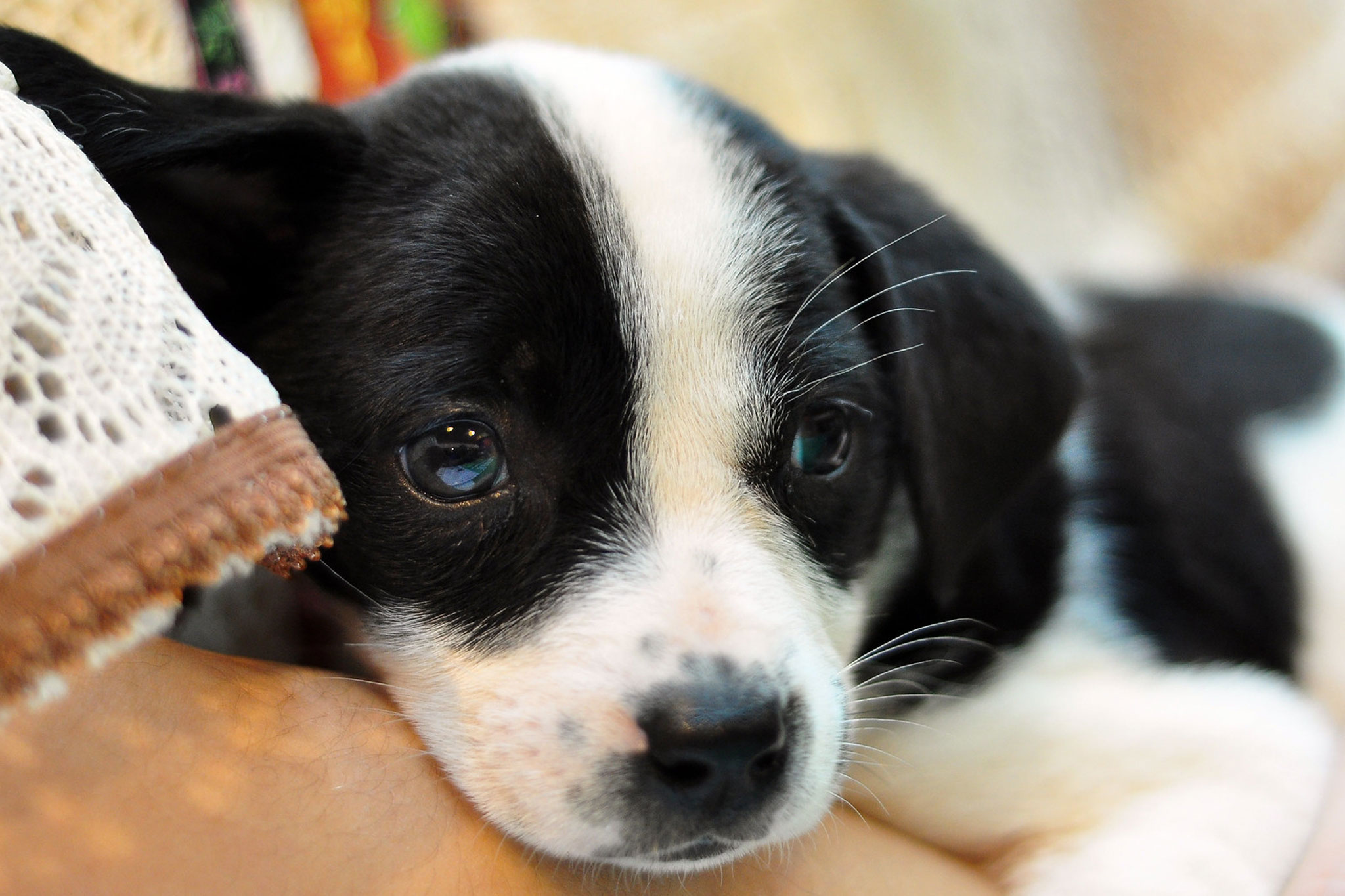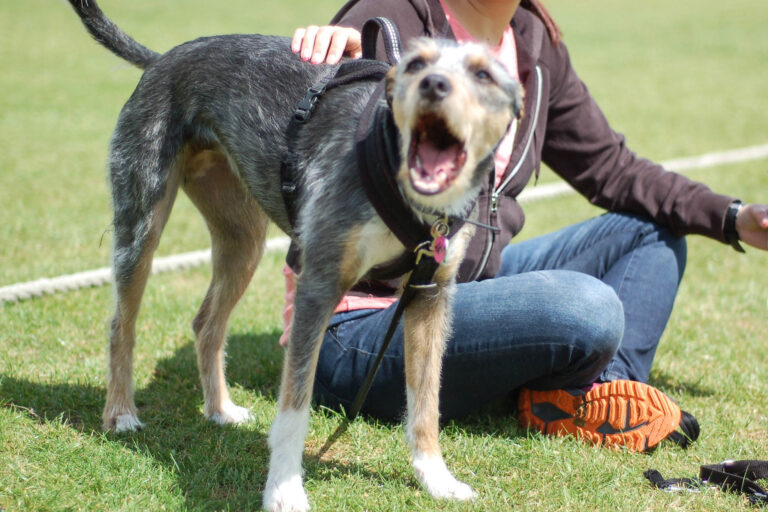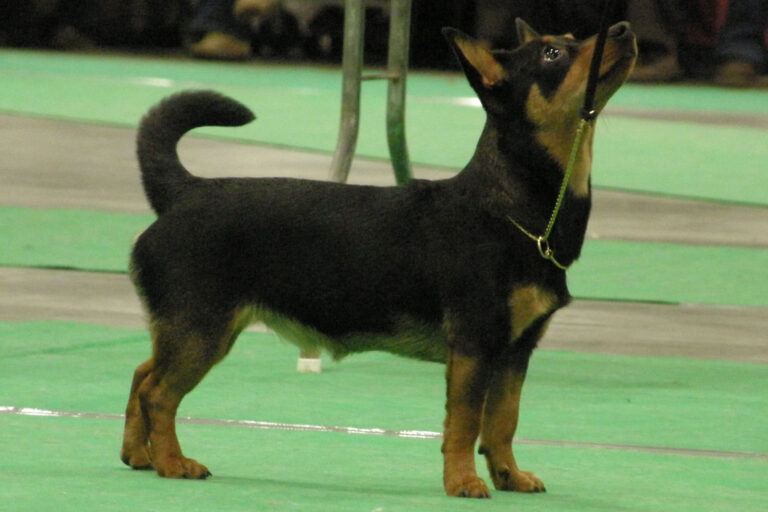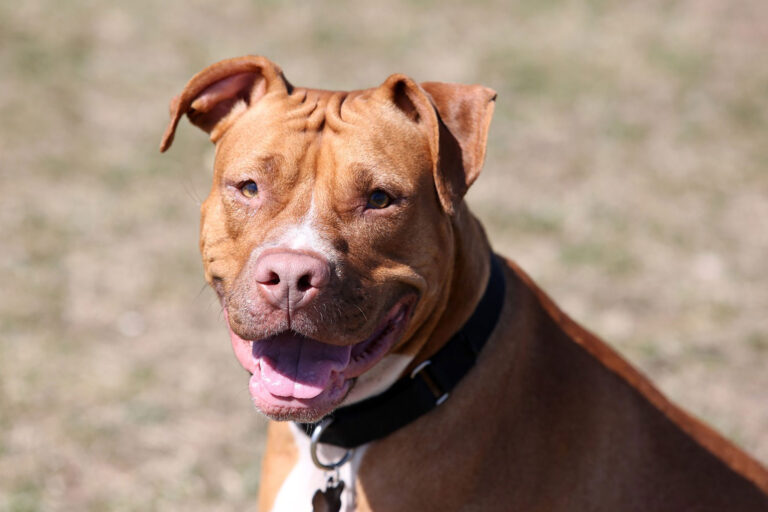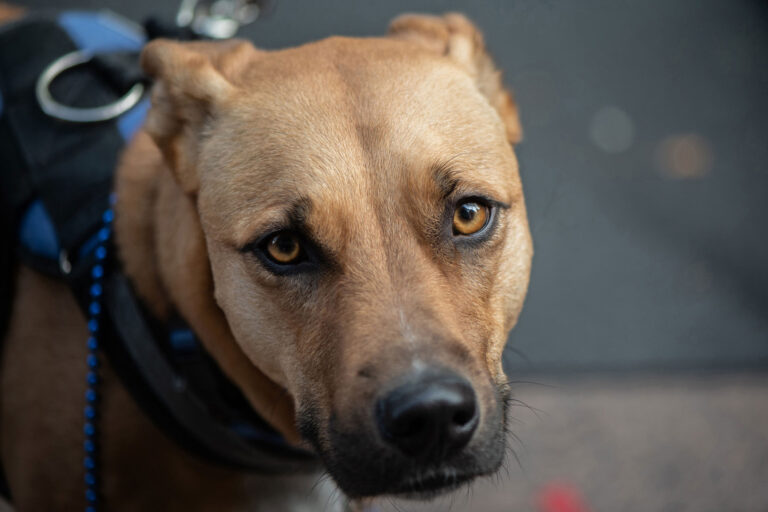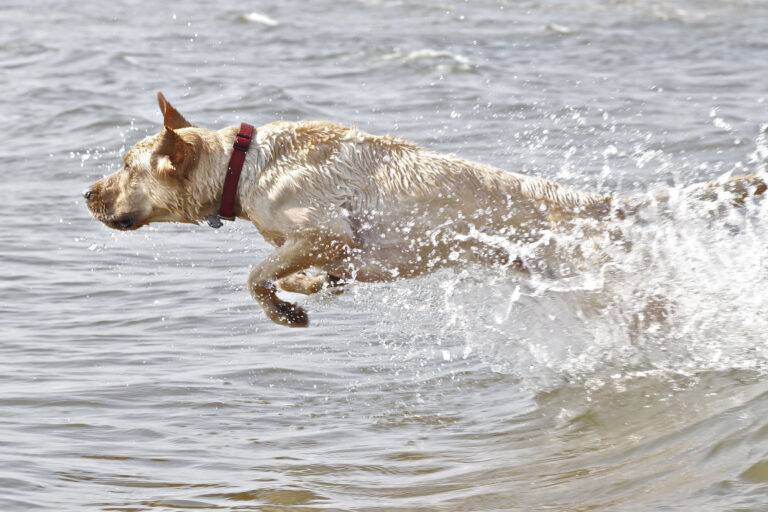Bringing a new puppy home is an exciting and pleasant event. It does, however, provide certain challenges, particularly in relation to training. Training is essential for your puppy’s health as well as your sanity as a pet owner. That being said, a lot of individuals unintentionally make mistakes that can impede the training process and cause irritation for both themselves and their pet. To help you prepare your puppy for success from the beginning, we’ll go over seven typical training blunders in this tutorial.
1. Skipping Basic Obedience Training:
One common mistake made by new puppy parents is failing to provide basic obedience training. Instilling fundamental instructions like sit, remain, come, and heel serves as the foundation for subsequent training activities. Without these important abilities, it is difficult to establish successful communication and behavior control with your puppy. It is crucial to schedule up time every day for training sessions, concentrating on one command at a time until your puppy is competent.
2. Inconsistency in Training:
Consistency is key while educating pups. When you are inconsistent, your puppy becomes confused and unable to comprehend your expectations. Establish clear norms and boundaries from the start, and stick to them strictly. Use constant orders and gestures every time you ask your puppy to do anything, and be consistent in your praise and incentives when they do. While teaching your dog requires patience and devotion, the long-term rewards are important.
3. Using Punishment as a Primary Training Method:
Though correcting undesirable behaviors is crucial, relying solely on punishment as a training method can have adverse effects. Punitive measures like yelling or physical discipline may instill fear and anxiety in your puppy, jeopardizing the bond between you and potentially exacerbating problematic behaviors. To encourage excellent conduct, use positive reinforcement strategies like food, praise, and play. Training sessions should be pleasant and pleasurable for both you and your puppy.
4. Neglecting Socialization Training:
Socialization is essential for raising a balanced, well-behaved dog. Introducing your puppy to different people, animals, places, and experiences from a young age helps to develop confidence and flexibility. Neglecting socializing training may result in later fearfulness, hostility, or behavioral problems. Prioritize introducing your puppy to new sights, sounds, and scents on a daily basis, making sure each interaction is good and gratifying for them.
5. Overlooking Mental Stimulation:
Just like humans, puppies need a balance of physical activity and mental challenges for their overall health and happiness. If they do not receive adequate cerebral stimulation, kids may become bored, restless, and misbehave. So, change things up with brain games, puzzle toys, and training programs that encourage kids to think. Remember that training is more than simply compliance; it is also about keeping their brains alert and intrigued.
6. Ignoring Your Puppy's Individual Needs:
Every puppy is unique and has their own personality, mannerisms, and learning style. It’s important to recognize and embrace these variations rather than imposing traditional training plans on people. By carefully studying your training methods, you can tailor them to your puppy’s preferences. Treats may lure some puppies, while others prefer verbal praise or interactive play. Tailor your approach to your puppy’s unique needs and talents, resulting in a more productive and pleasurable training experience for both of you.
7. Expecting Instant Results:
Puppy training is a journey that calls for perseverance, persistence, and patience. It might be disappointing for both of you if you look for quick fixes and get upset when your puppy doesn’t pick things up right away. Remember that each puppy learns differently, and it’s normal for them to make mistakes along the way. Remember to be patient, have a positive attitude, and acknowledge and value each tiny victory as you and your puppy progress through the training process.
Training your puppy is a rewarding and fulfilling experience that strengthens the bond between you and your furry companion. By avoiding these typical mistakes and approaching training with patience, consistency, and optimism, you may ensure that your puppy has a lifetime of excellent behavior and friendship. Remember to put fundamental obedience, consistency, positive reward, socializing, mental stimulation, specialized training, and patience first in your training efforts. With commitment and love, you and your dog can overcome any training barrier.

Dr. Carolyn Stafford’s route to veterinary medicine demonstrates her steadfast commitment and enthusiasm for furthering the science of anatomic pathology.
Subscribe my Newsletter for new blog posts. Stay updated from your inbox!

